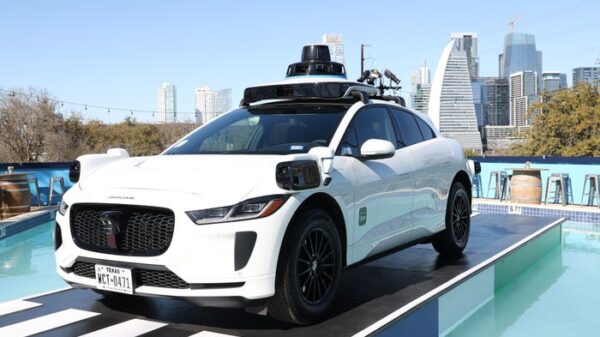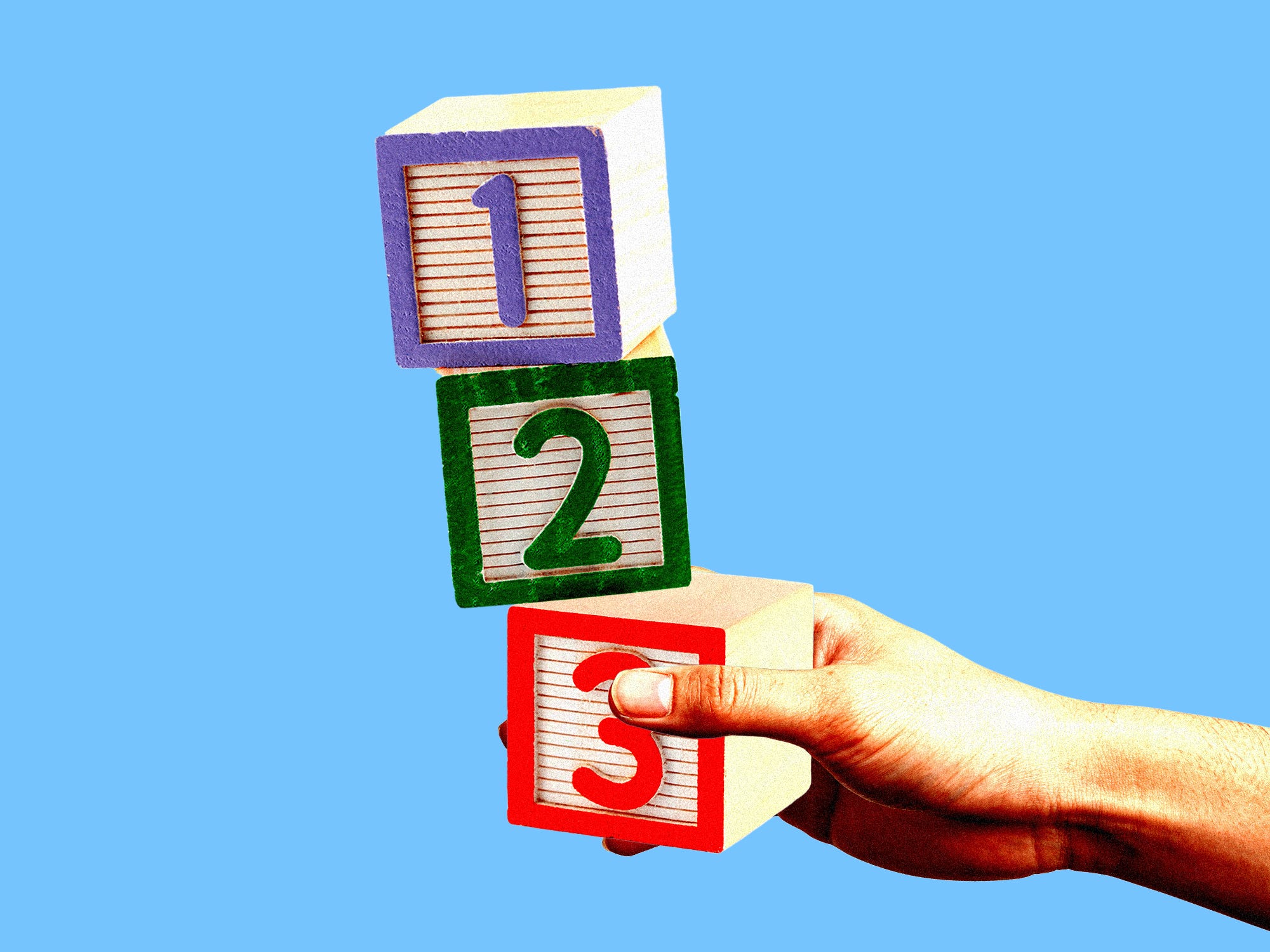UPDATE: Recent studies reveal a striking trend among millennial parents: many are choosing to limit their families to just two children due to financial pressures and evolving societal values. This shift reflects a broader change in family dynamics and highlights the urgent challenges facing young parents today.
Millennial couples, such as Victoria Lamson and her husband from San Francisco, have reconsidered expanding their families. Lamson, 38, shared her experience with Business Insider, stating that logistical challenges have made the prospect of a third child seem “out of reach.” With the average cost of private school in San Francisco soaring to $26,000 per child annually, the financial burden is immense.
The couple’s decision stems from a variety of factors, including the staggering $42,000 average student loan debt that many millennials face. Lamson’s family dynamics are compounded by her husband’s career in tech recruiting, which has been affected by recent layoffs. “Putting all those factors together, it really just doesn’t make sense for us anymore,” she said.
This sentiment is echoed across the millennial demographic, with many parents now averaging just two children. According to a 2020 Pew Research Center report, millennial women average 2.02 kids, a slight decline compared to the 2.05 of Generation X and 2.07 of baby boomers at similar ages. Experts suggest that economic uncertainty and childcare costs are pivotal in this decision-making process.
Stephanie Fornaro, a 40-year-old mother from Dallas, shared her journey, explaining that she had her first child at 20 and waited until her early 30s to have another. “Financially, I was in a different season in my life to afford a second child,” she noted. Fornaro runs a national childcare agency, and she estimates that hiring a full-time nanny would cost nearly $80,000 a year, making a third child financially unfeasible.
Childcare costs have skyrocketed, with the average American family spending $11,000 per child annually. For some parents, these costs deter them from having even a second child. Katie Waldron, a Long Island resident, expressed her concerns about moving abroad to the UK for more affordable childcare, stating, “The burden of childcare costs and the lack of emotional support make it impossible to have another.”
Millennials are also having children later in life, with the median age for first-time parents hitting 27.3 years. This trend complicates family planning, as many couples are now considering the risks associated with pregnancy later in life, including increased chances of complications.
As traditional family structures evolve, the concept of what constitutes an ideal family size is shifting. Pamela Smock, a sociology professor at the University of Michigan, notes that “people see marriage and childbearing as something to do once they feel economically comfortable.” For many millennials, that comfort remains elusive, forcing a reevaluation of family size.
The desire for quality over quantity is a recurring theme among millennial parents. Fornaro emphasized that she wants to provide her children with undivided attention and a comfortable lifestyle, which she fears would be compromised with a third child. “Having a third would limit our quality of life and the experiences we can share as a family,” she stated.
As millennials continue to navigate these challenges, their choices reflect a broader societal shift. The pressures of modern parenting, combined with financial realities, are reshaping the American family landscape. This urgent trend is likely to have lasting implications for future generations as they consider what it means to raise a family in today’s economy.
In conclusion, the decisions made by millennial parents today underscore a significant transformation in family dynamics. As financial constraints and shifting values continue to influence family planning, the traditional notion of family size is being redefined. What remains clear is that for many, having two children is not just a choice but a necessary adaptation to the realities of modern life.





































































